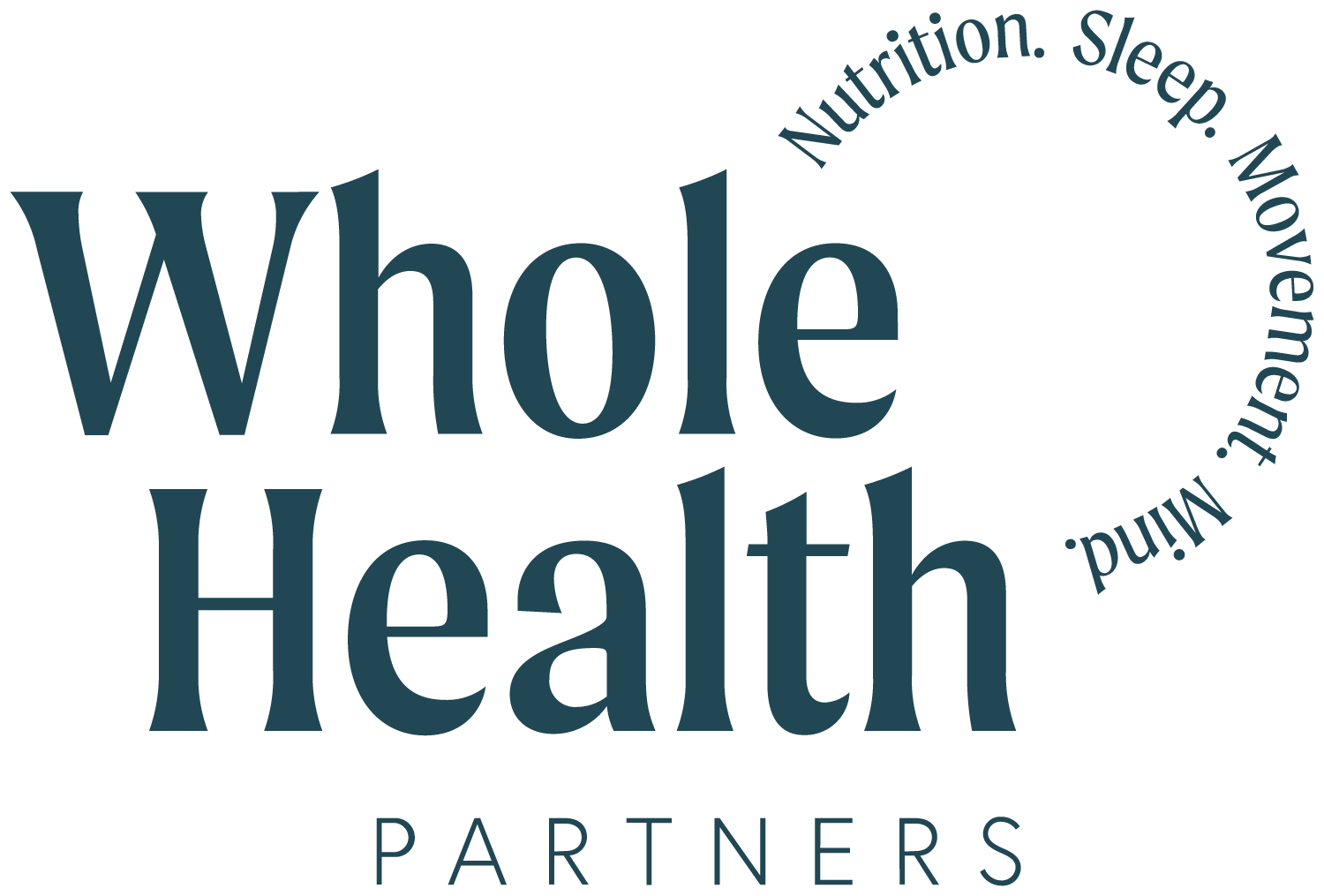Can't Sleep? Here's How to Enjoy Your Daily Cup of Joe without Sacrificing Rest
Do you enjoy your morning coffee? Well, you’re not alone.
There is no doubt that caffeine is the most widely used psychoactive drug in our culture. Many of us use it to increase our alertness, energy, or wakefulness. As caffeine fits so easily into our productivity-focused culture, we don't always pay attention to it the same way as we do alcohol, tobacco, or other recreational drugs.
And yet, it does have a profound impact on our lives. Here’s the basic low down on our favorite pick-me-up:
As a stimulant, it can cause a burst of energy, and help to temporarily ward off feelings of sleepiness.
It cannot permanently ward off sleep, but it can lead to over-arousal, anxiety, or restlessness.
Caffeine can continue to act on our bodies long after we realize, with half of a typical caffeine dose remaining active as much as 4-6 hours after it was ingested.
Even if we do fall asleep after drinking caffeine, it can still impact the quality of deep (so-called NREM) sleep we get.
Don’t worry. We’re not here to tell you to go cold turkey. Indeed, coffee still plays a role in many of our own morning meetings here at Whole Health Partners.
But what we are suggesting is a conscious approach to caffeine intake. Here are some starters:
Stop caffeine intake at least 6 hours before going to bed
Even better, try limiting caffeine to mornings only—meaning no caffeine in the afternoons.
If you’re struggling to avoid all caffeine in the afternoons, consider switching to lower caffeine options—like half-caf, or tea, instead of regular coffee or energy drinks. (Or just have a smaller cup of your favorite beverage if you like…).
While you’re at it, avoid sugary caffeine drinks where possible - sugar can also disrupt our sleep cycles, not to mention its other impacts on our health.
Cut back gradually. Slowly reduce the portion of caffeine over 1-2 weeks to lessen the withdrawal symptoms (headaches, irritability, and nausea).
What would you like help with?
Weight Loss and Weight Maintenance
Blood Glucose Management, Diabetes, Insulin Resistance, Hypertension, High Cholesterol, Thyroid Disease, Hormonal Health
Polycystic Ovarian Syndrome (PCOS), Perimenopause/Menopause





